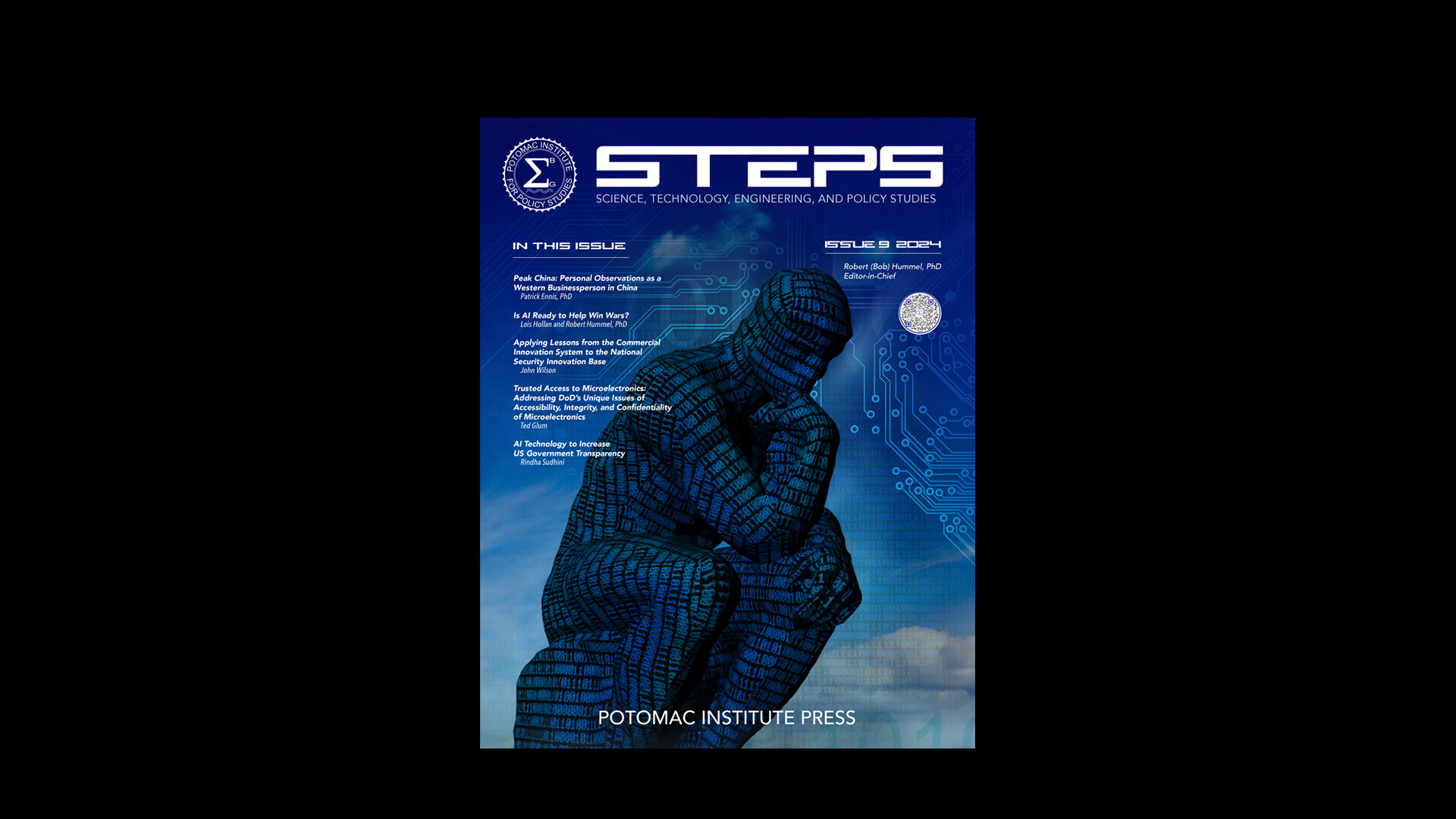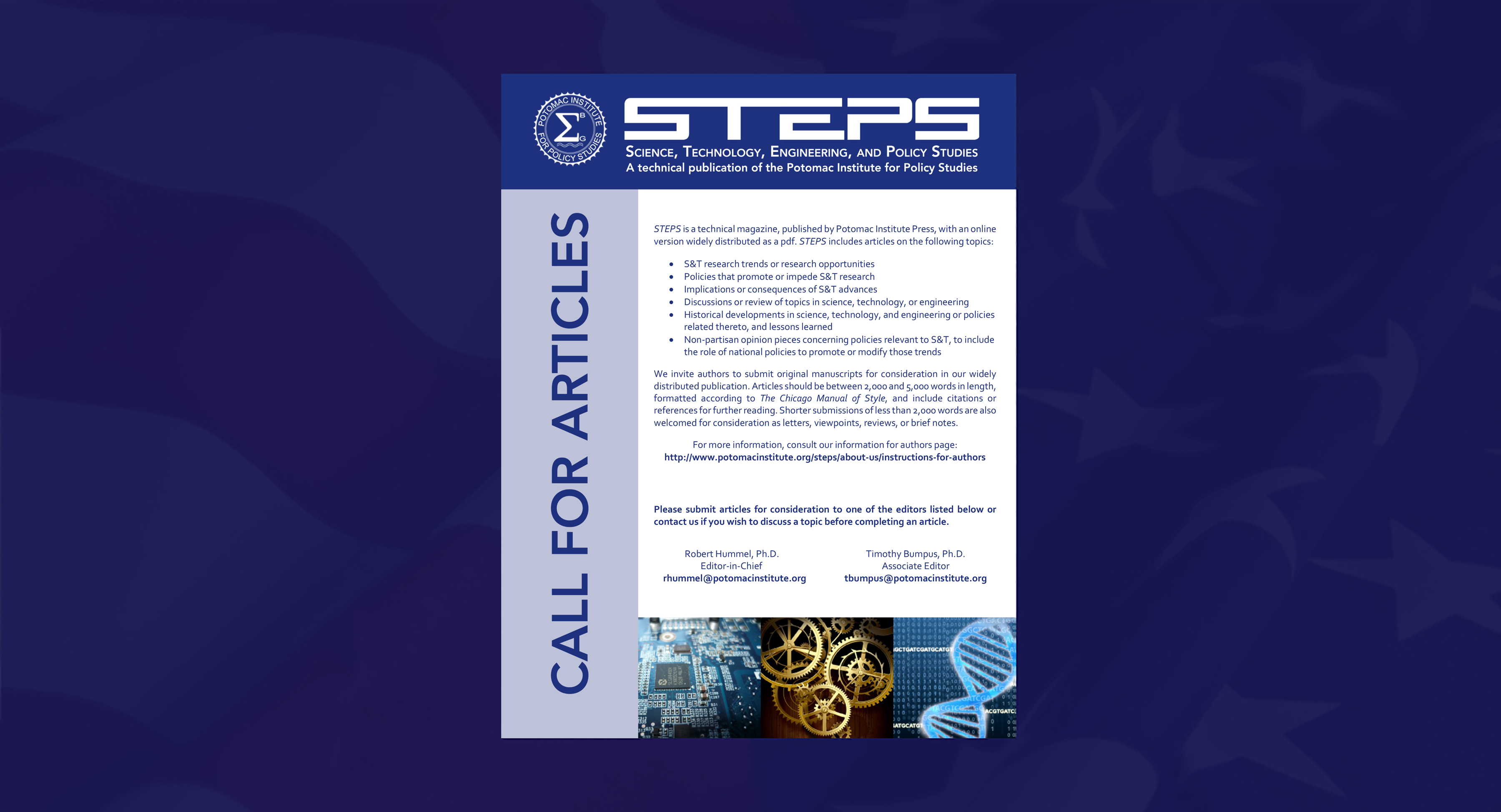An abstract of Prof. Giordano's lecture follows:
Neuroethics is a growing field of two major traditions – one that studies the neural substrates of moral cognition and action, and the other that addresses moral and ethical issues arising in and from neuroscientific and neurotechnologic research and its applications in medicine, public life and national security and defense. These traditions are reciprocal, and in the main, both are grounded to the underlying questions of 1) how mind originates in brain, 2) how technology affects the brain~mind, and 3) what social manifestations may occur as a consequence of using science and technology to assess, access and manipulate the brain~mind. In many ways, neuroethics bespeaks a new worldview that acknowledges an epistemic “crisis”- a time of change based upon the mass-effect of new knowledge. Previously accepted ideas about the function of the nervous system, brain and concepts of mind are being abandoned in favor of new notions and novel ways of thinking. The questions of neuroscience are those that address how we know, what we are, and thus, the very nature of being. The technological advances that have allowed much of this inquiry have progressed with ardent strides. Yet, as so very often, the philosophical premises and ethical instantiations that guide the use of this technology and allow prudent applications in medicine and society tend to lag behind. As history reveals, it is often this dissociation of ethics from science that leads to profound and dire consequences. How then can – and perhaps should – the field and practice of neuroethics engage lessons from the past and acknowledge the scope, pace and directions of present trends in neuroscience, technology and society, so as to “come of age and face the future”? This lecture presents an overview of key issues in neuroethics, defines its current and future trajectories, and proposes a paradigm of reflection, preparedness and responsible action as a basis for a meaningful neuroethics to guide research, policy, and the right and good use of neuroscientific knowledge and technology.

















